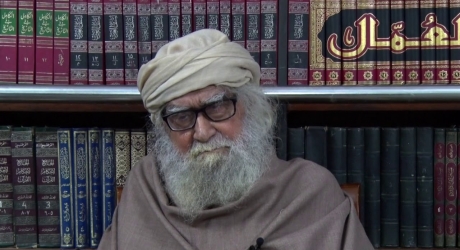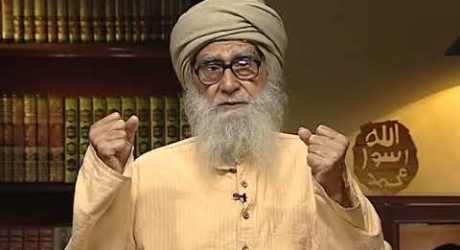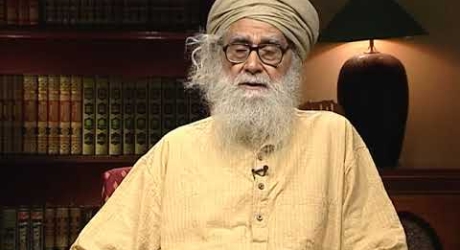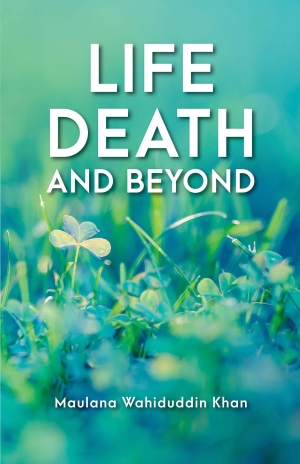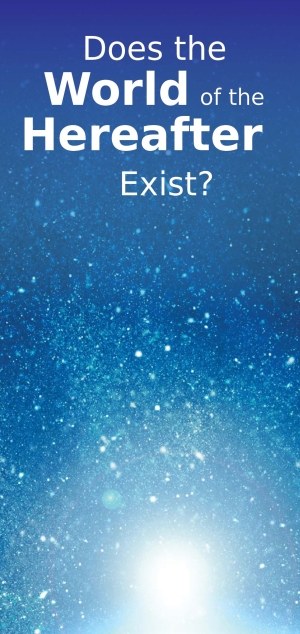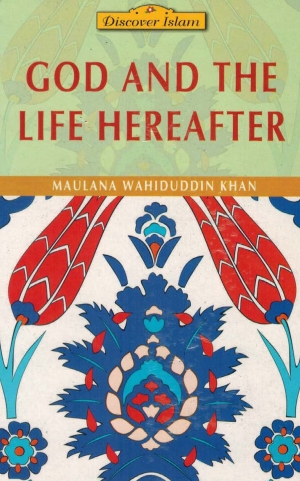In this world, there are innumerable creatures other than a man. They are born, and they die like human beings. However, unlike men, they are never faced with the problem of discontentment. The word ‘tragedy’ exists only in the human lexicon. Nowhere does it figure in that of animals.
We can find the answer to this contradiction by comparing man with animals. A comparative study of man and animals shows that the concept of tomorrow—an exceptional one—is entertained exclusively by man. If it is man’s nature to want to extend his today into tomorrow, he hopes that what he failed to find today will find tomorrow.
The case of animals is quite different. The study of animals shows that they have no concept of tomorrow. They live only in ‘their today’ and die in ‘their today’. Many animal activities which seem to be based on a certain consciousness of tomorrow—for instance, the gathering of food by ants for the future—are governed by an innately perceived threat of extinction rather than by any consciousness of tomorrow or the future.
Featured Articles
Featured Videos
FAQs
If a farmer wants to harvest a crop the day he plants the seeds, he will lose the seeds and be deprived of a harvest. The same is true of both the world of 'today' (this world) and the world of ‘tomorrow' (the Hereafter). The world of 'today' is the place for engaging in action, while the world of 'tomorrow' is the place for receiving the results of one's actions. Therefore, if a person wants to obtain his 'reward' in this world, he will not be able to do the needed activities for a happy life in the world of 'tomorrow'. Thus, he will not only lose this world, but he will also lose his only opportunity to build his next world.
Few people realise this, however. In this world itself, they want to obtain things—such as complete fulfillment or ideal justice and peace—that can be had only in the next world. Because of this, they lose both. Wise is he who earns the world of' tomorrow' through the world of 'today'. He knows that if he gets stuck in the allurements and entanglements of the world of 'today', he will deprive himself of true success in the next world, the world of 'tomorrow'.
Suppose you are on a journey and want to enjoy all the comforts that a person can enjoy only at home during that time; you will naturally not be able to fulfill this desire. From this, one can understand the issue of the world of 'today' and the world of 'tomorrow'. This world is a place for a temporary halt, and the next world is your eternal home. The world of 'today' is the path on the journey, and the world of 'tomorrow' is the final destination of this journey. God has made this world the place for engaging in action and the Hereafter for obtaining the results of our efforts.
If, while on a journey, you want to obtain the comforts you can enjoy only when you are at your destination, you are bound to deviate from your path. In the same way, if you desire that in the world of 'today' itself, you should obtain the results of your actions, which is possible only in the world of 'tomorrow', your planning will go haywire.
Wise is he who understands this difference between the world of 'today' and the world of 'tomorrow'. Therefore, he does not desire those things before death that one can find only in life after death.
It is imperative to recognise this fact. One must be realistic. One must not run after desires because desires will not take one to any destination other than destruction. Every person nurses an ocean of desires; these desires in themselves are not wrong. However, the place for fulfilling these desires is the world of 'tomorrow', not the world of 'today'.
Source: God’s Creation Plan
Man is an eternal being. However, his life is divided into two periods or phases: the period before death (generally, a maximum of 100 years) and the period after death (which carries on eternally). The life in the first phase is spent in this world, and the life in the second phase is spent in the world of the Hereafter.
Today’s world—the present world—is like a thick jungle. Here, there are flowers and, along with them, thorns. In the world of tomorrow—that is the Hereafter—the ‘flowers’ and the ‘thorns’ will be separated from each other. After this, an eternal world will emerge, one part of which will have, as it were, only ‘thorns’ (Hell), and in the other part, only ‘flowers’ (Paradise). In today’s world, everyone has the opportunity to make his eternal fortune. The record of their life in this world will determine whether they will be settled in the world full of thorns or the eternal garden of flowers.
Dividing people into these two groups continuously happens in this world. Through the record of their life (or, in other words, based on the character that they are building in this world), each person is declaring, as it were, which of the two groups he is eligible to be included in after his death—the group that will be settled amidst the thorns or the group that will be placed among the flowers. The conditions of this present world are the means for this personality development. Every person is passing through this process. Someone is developing a thorny personality for himself, while someone else is developing a flower-like character. These two groups of people do not appear to be distinct and separate in today’s world. However, in the world of tomorrow, they will be separated from each other. One group will be admitted into eternal Paradise, and the other group will be consigned to eternal Hell.
In the present world, every person faces negative experiences. If someone habitually takes an unpleasant experience as something negative, he will develop a negative personality. In contrast, if someone can convert a negative experience into a positive one, it is the best way to create a positive character.
Source: God’s Creation Plan
The greatest calamity afflicting our world is that one million people die every day. No one knows, of those who are alive today, who will be dead tomorrow. Every one of us shall taste death, but no one knows when death will come. We do not know which of our fellow men will leave this world tomorrow, and who will remain to receive this message.
Every man born in this world has to enter another world after death. In this world, man has been granted all the opportunities as a matter of test. Whatever man receives in the next world will be purely based on his deeds in this world. This means that before death, man has been given many things and opportunities, whether or not he deserves them. After death, one will receive in the Hereafter only what he deserved on the basis of his performance in this life.
Death is not the end of our lives; it is the beginning of our real life. After death man will be brought before the Lord for final judgement. The angel who is to announce the Last Day is ready and waiting with the trumpet in his hand for God to give the order to sound it. This will be a most terrifying time for man. He will want to speak, but will be struck dumb. He will want to walk, but his legs will not carry him. All disparity between men will disappear on the Day of Judgement. Fear of God will seal everybody’s tongue. Injustice will benefit no one; truth will be inescapable. Man will stand alone, answerable for his actions.
Man has many concerns in this world, but after death he will be concerned with one thing alone: saving oneself from being deprived of God's blessings. If one has ample time at one’s disposal, one engages in many tasks. But if time is short then one concentrates on the most important task.
No time is fixed for death. It can come at any moment. This fact makes death an even more delicate issue. Everyone is on the move and everyone’s journey ends in death. Death means eternal bliss for some and eternal deprivation for others. Fortunate are those who find themselves on the threshold of Heaven at the time of death; they will dwell in eternal bliss; they will know neither grief nor apprehension.
Source: God’s Creation Plan


